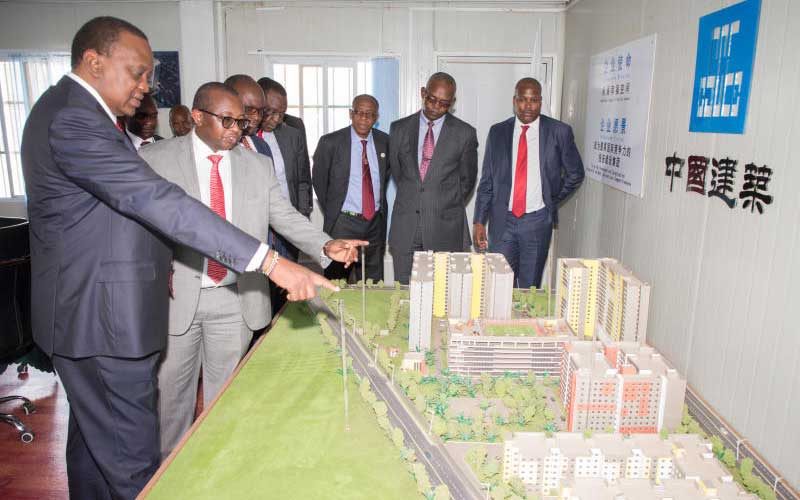×
The Standard e-Paper
Join Thousands Daily

Last Monday was World Habitat Day, the day when the whole of humanity honours the right to a safe, comfortable place to raise a family.
It should have been a day for Jubilee to showcase its achievements since Housing is one of the pillars of its Big 4 Agenda. Instead it passed off without any fanfare bar the efforts of civil society to remind the government of its constitutional duty under Article 43.